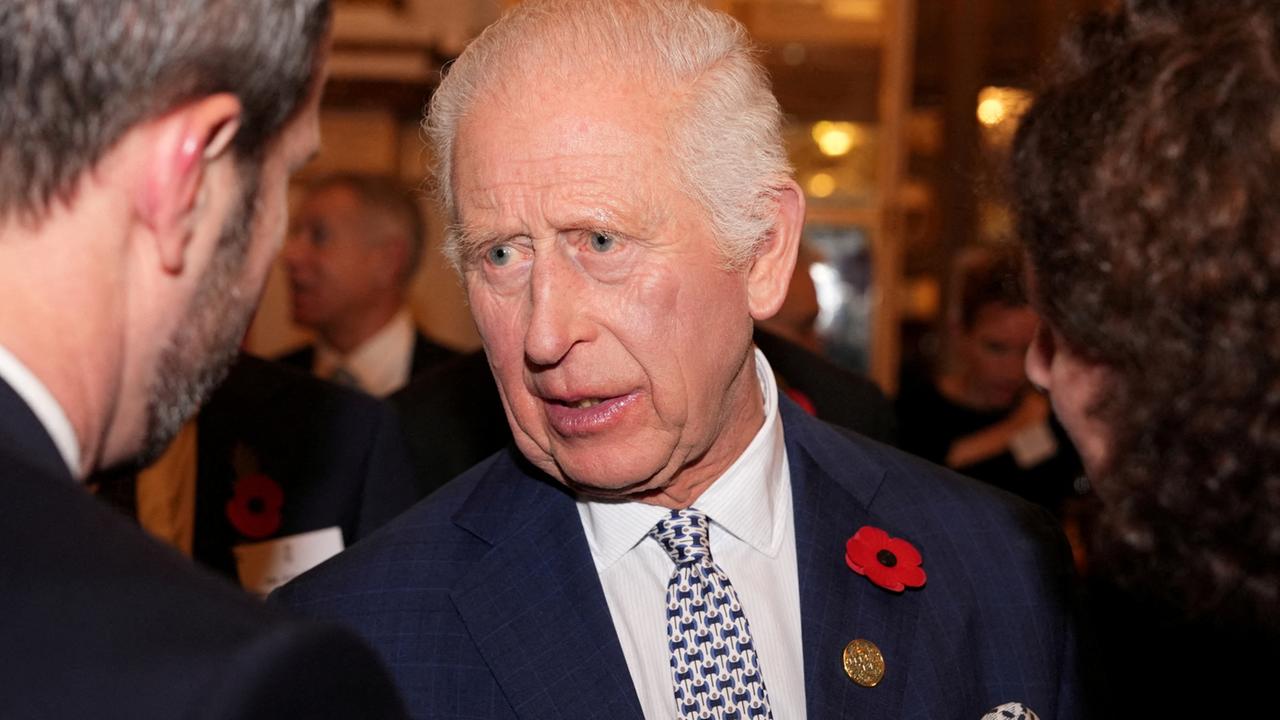The British royal family likes to be charitable – but remains silent about financial entanglements. Research shows she receives a lot of money from the NHS, schools and the army, among others.
At the end of April, Charles III visited. a cancer charity Macmillan center in London. The king is the patron of the charity and publicly promotes its support.
What he doesn't mention: He himself earns money from the charity. Because Macmillan's office is in a building that is part of the monarch's private property. Since 2005, the charity has paid the equivalent of almost 20 million euros in rent.
Stains on the royal vest
This is just one example of how the British Royal Family secretly benefits from lease payments and rental agreements with charities and government institutions that publicly support them.
This contrast is currently causing debate in the United Kingdom. Research by Channel 4 and the Sunday Times shows financial flows that were previously under wraps.
“Anyone who is in the public eye like the royals needs a clean slate,” says Dame Margaret Hodge, who sat in the British House of Commons for a long time and now deals with finance and transparency issues in the House of Lords.
If a charity has more income because it is supported by the king, but then gives that income back to the king through rent payments – then that just doesn't feel right.
Confiscated in the Middle Ages, still lucrative today
The royal family receives around 100 million euros from the state every year – the so-called sovereign grant. With this they pay for the maintenance of the palaces, their staff, state visits and public appearances.
But in addition to the Sovereign Grant, King Charles and Prince William earn tens of millions of dollars each year from other sources. The duchies of Lancaster and Cornwall were confiscated from kings in the Middle Ages and still belong to the king and his heir to the throne today.
“The duchies were illegally annexed at the time in order to provide the royal family with a kind of 'slush fund',” says monarchy critic Norman Baker.
Millions from the NHS and the army
The documentation lists many other examples that cause debate. For example, it's about a warehouse in which a London hospital stores ambulances. The NHS health service will pay Charles III the equivalent of 13.6 million euros over 15 years.
Prince William benefits from a deal with the military. Since 2004, the Navy has paid almost €1.2 million to build and use jetties in Cornwall. State schools pay around 710,000 euros to rent the land on which they stand. And the royals don’t have to pay taxes for it.
How is the British public reacting?
British newspapers write that it is a PR disaster for the palace. It's about more than that. It's about the question of whether the British monarchy should make money from the institutions that, like them, serve the British people.
Author Guy Shrubsole calls for the return of private property to the state. He says: “It's time for the duchies to be dissolved and the profits go to the state treasury. From there a part will flow back to us taxpayers.”
Isolated attempts by politicians to demand more transparency about property ownership have failed in the past. Whether the new revelations change this will also depend on how much the British population reacts. So far there has been no outcry.




